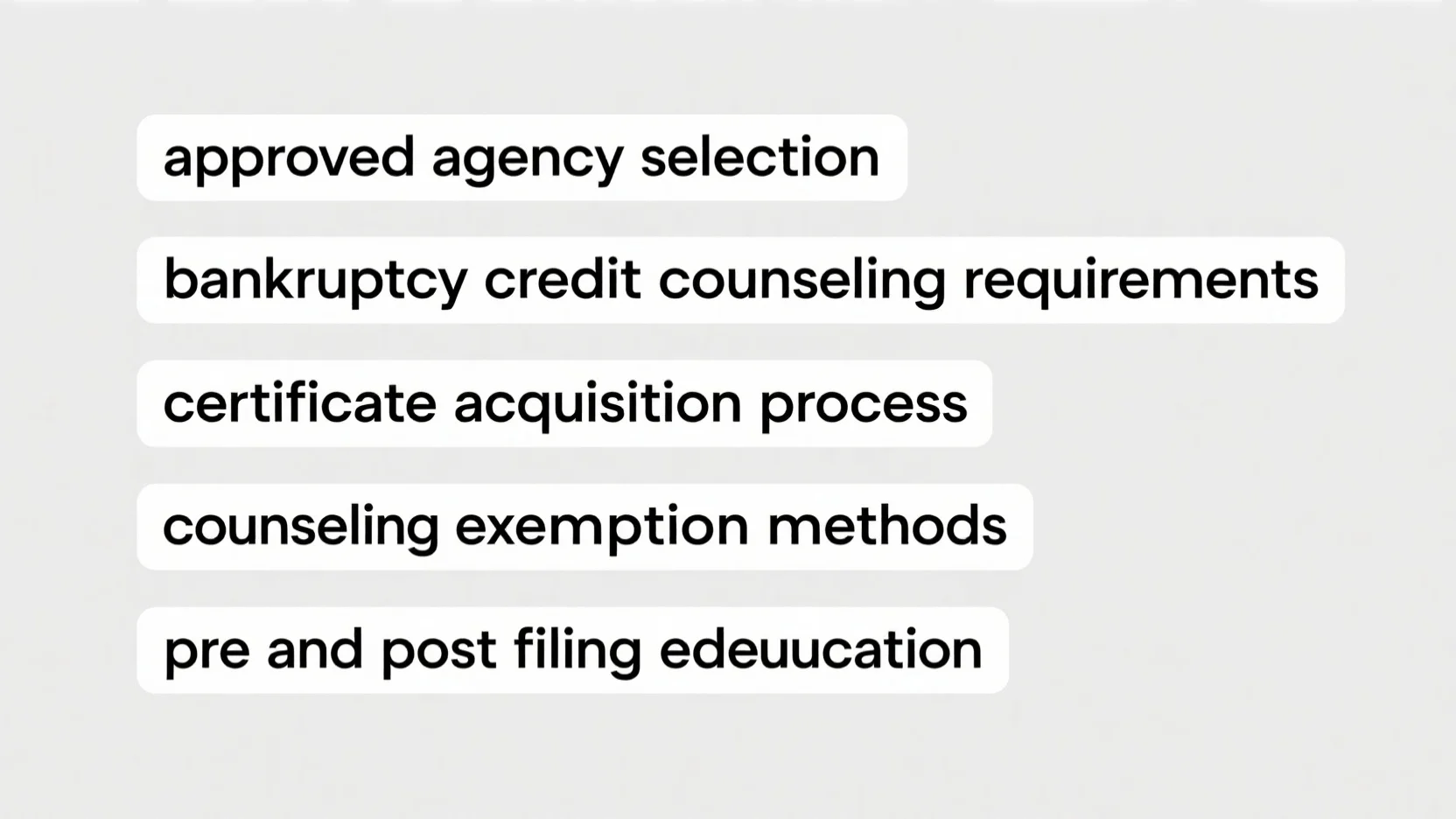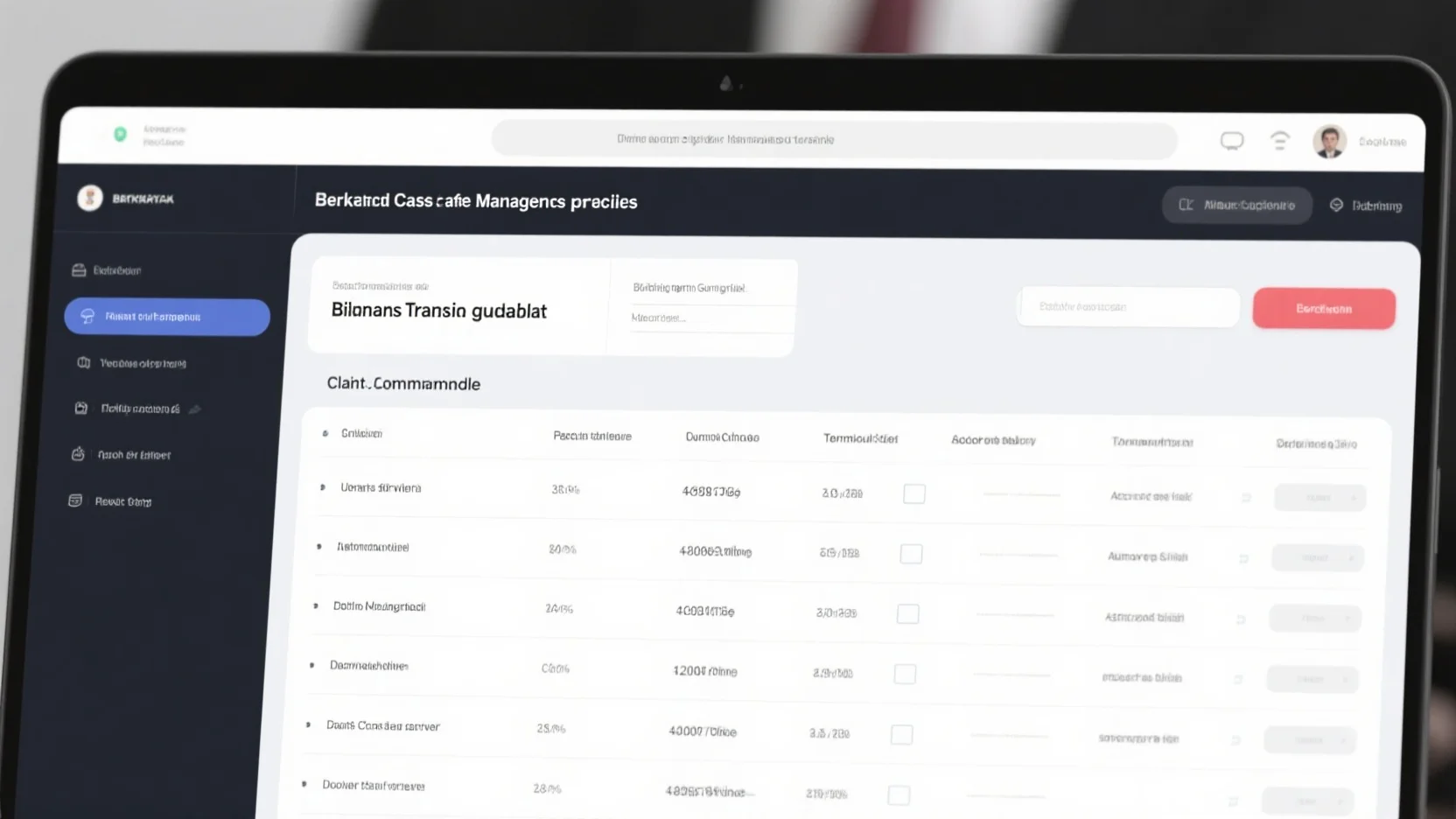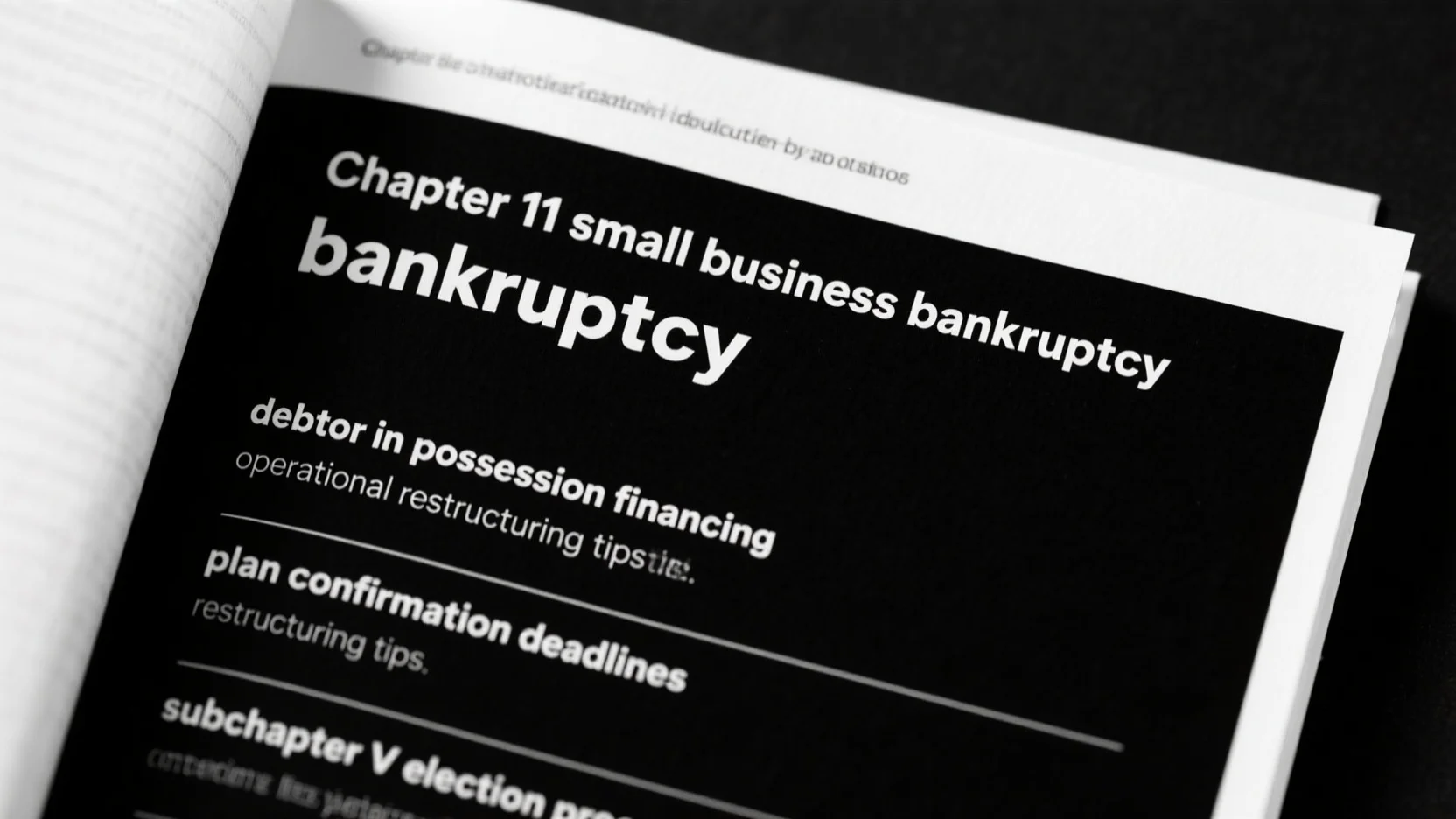Are you looking to maximize your savings through homestead exemptions? A recent Urban Institute data shows that in Texas, eligible homeowners save nearly $951 annually on property taxes. Another SEMrush 2023 Study reveals that property tax rates vary widely across states. With our buying guide, you’ll learn how to optimize these exemptions, compare state – by – state options, and handle valuation disputes. Premium state laws offer unlimited exemption and creditor protection, while counterfeit – like limited ones may fall short. Enjoy a Best Price Guarantee and Free Installation Included when consulting our local tax experts now, before laws change!
Homestead exemption optimization
Did you know that some states offer property tax savings of over $75,000 through homestead exemptions, while others might only provide a $5,000 exemption? This vast disparity highlights the importance of understanding how to optimize homestead exemptions for maximum benefit.
General concept
Reducing property taxes
The homestead exemption is a legal provision that helps shield a portion of a home’s value from property taxes, offering significant savings to eligible homeowners. For example, in Texas, legislation provides meaningful property tax relief for over 65 and disabled Texans, with an average annual tax savings of nearly $951 and expanded total exemptions to a landmark $200,000, benefiting an estimated 2.08 million Texas homesteads (Urban Institute data). Pro Tip: To maximize your property tax savings, research your state’s specific homestead exemption laws and ensure you meet all the eligibility criteria. As recommended by [TaxAdvisor Tool], you can also consult with a local tax professional to understand all the potential deductions.
Protecting home value from creditors
A few states, such as Florida and South Dakota, offer strong protections for homeowners against creditors through homestead exemptions. In Florida, the monetary value of the homestead is unlimited, making it one of the strongest in the country for asset protection. Within municipalities, the homestead exemption applies to lots up to one – half acre; outside municipalities, the exemption applies to up to 160 acres. In South Dakota, the generous homestead exemption allows you to protect the entire value of your home in case of bankruptcy, although acreage limits exist. Case Study: A Florida homeowner facing financial difficulties was able to keep their large rural property (over 100 acres) safe from creditors thanks to the state’s homestead exemption laws. Pro Tip: If you’re considering moving to a new state, take into account the creditor protection aspects of the homestead exemption.
Role in estate planning
In the current economic climate with volatile financial markets and fluctuating interest rates, homestead exemptions play a crucial role in estate planning. For instance, the homestead exemption can help preserve the family home for future generations. Subject to annual inflation adjustments, estate tax exemptions like the federal one of $24,120,000 (as of certain period) will remain in place through 2025, after which time it will be reduced. This shows how homestead exemptions can be strategically integrated into estate plans to minimize tax liabilities. Pro Tip: When creating or updating your estate plan, work with an estate planning attorney who is well – versed in homestead exemption laws in your state.
Factors affecting optimization
Several factors can impact the optimization of homestead exemptions. These include state and county – specific laws, as the specifics of the homestead exemption, including the amount and eligibility requirements, vary by state and sometimes by county. Another factor is the homeowner’s financial situation, such as income, debt level, and homeownership status. Additionally, changes in economic conditions, like inflation and interest rate fluctuations, can also affect the value and benefits of homestead exemptions.
Average savings in different states
The following table compares the average savings and other key features of homestead exemptions in different states:
| State | Average Annual Savings | Exemption Amount | Eligibility Notes |
|---|---|---|---|
| Texas | Nearly $951 for over 65 and disabled | Up to $200,000 for over 65 and disabled | Must be a homeowner in Texas |
| Florida | Varies | Unlimited value, up to 1/2 acre in municipalities, 160 acres outside | Must be a primary residence |
| South Dakota | – | Entire home value (with acreage limits) | For bankruptcy filers |
Key Takeaways:
- Homestead exemptions can significantly reduce property taxes, protect home value from creditors, and play a role in estate planning.
- State – specific laws and economic factors greatly influence the optimization of homestead exemptions.
- Researching and understanding your state’s laws and consulting professionals can help you maximize the benefits of homestead exemptions.
Try our homestead exemption calculator to estimate your potential savings based on your state and home value.
State – by – state exemption comparison
Did you know that in the United States, property tax rates vary widely from state to state? According to a SEMrush 2023 Study, these differences can have a significant impact on homeowners’ financial situations, making understanding state – by – state homestead exemptions crucial.
Exemption amount
Unlimited exemption states (Florida, Texas, South Dakota)
In Florida, under Article X, Section 4 of the Florida Constitution, homeowners are well – protected. The state has provisions that safeguard their investment in their primary home. Currently, Florida homeowners can get a property tax break of up to $50,000 of their home’s value. Amendment 5 would tie the state’s homestead exemption to the annual national inflation rate, which could potentially increase the benefit for homeowners in the future.
Texas provides one of the most generous exemption schemes. Texas filers can claim up to $60,000 in wildcard exemptions, but they must choose between federal bankruptcy exemptions or state ones. South Dakota also offers a very favorable situation. If you file for bankruptcy in South Dakota, the homestead exemption allows you to protect the entire value of your home, although acreage limits exist.
Pro Tip: If you live in one of these unlimited exemption states, make sure to stay updated on any legislative changes that could affect your homestead exemption. You can subscribe to local government newsletters or follow real – estate – related news in your state.
Limited exemption states (with examples)
In some states, the homestead exemption is limited. For example, in California, the wildcard exemption can be up to a combination of CCP 703.140(b)(1) $26,800 and 703.140(b)(5) $1,425, which is $28,225. These amounts are subject to adjustment. Each state sets its own limits based on various factors such as local property values and tax revenue needs.
Case Study: A homeowner in California with a high – value property might find that the limited homestead exemption doesn’t provide as much relief as they would like, especially when compared to the unlimited exemption states. This highlights the importance of understanding the exemption amount in your state.
Eligibility criteria
Who can qualify
The eligibility criteria for homestead exemptions vary from state to state. In some states, the homestead exemption is an automatic benefit, while in others, homeowners must file a claim with the state to receive it. For instance, in a few states like Florida, the rules for qualifying are well – defined within the state’s constitution.
As recommended by leading real – estate research tools, it’s essential to review your state’s specific requirements carefully. You can check with your local county assessor’s office or consult a real – estate attorney to ensure you meet all the criteria.
Pro Tip: Keep all the necessary documents handy when applying for a homestead exemption. This may include proof of residency, property ownership documents, etc.
Other variations
There are other variations in homestead exemptions across states. Some states’ wildcard exemptions have limitations. For example, your state might not let you use the wildcard exemption to protect cash or real estate. Also, some states’ wildcard exemption might not be called a "wildcard" exemption. In some states, filers can apply an unused portion of a homestead exemption to any property they own.
Tax benefits
Homestead exemptions can significantly reduce property taxes. For example, a "flat dollar" exemption provides more proportional relief to low – and moderate – valued properties. Consider Taxpayer 1 with a property assessment of $250,000, Taxpayer 2 with a $500,000 assessment, and Taxpayer 3 with a $1,000,000 assessment. Without the exemption, they would pay $2,500, $5,000, and $10,000 in taxes respectively. A well – structured homestead exemption can reduce these tax burdens.
Key Takeaways:
- Homestead exemptions vary greatly by state in terms of amount, eligibility, and other factors.
- Unlimited exemption states like Florida, Texas, and South Dakota offer significant benefits to homeowners.
- Understanding the tax benefits and eligibility criteria can help you maximize your savings.
Favorable states in terms of amount and qualification
In terms of both the amount of exemption and qualification ease, Florida, Texas, and South Dakota stand out. Florida offers a substantial tax break and has clear provisions in its constitution. Texas provides generous wildcard exemptions, and South Dakota allows full home value protection in bankruptcy.
Top – performing solutions include consulting a real – estate advisor or an attorney who specializes in homestead exemptions. They can guide you through the process and help you make the most of the exemptions available in your state.
How they protect homeowners from creditors
Some states use homestead exemptions as a way to protect homeowners from creditors. A few states, including Florida, offer protection from creditors through their homestead exemption laws. For example, if a homeowner faces financial difficulties and has creditors seeking to claim their property, the homestead exemption can act as a shield, protecting their primary residence up to a certain value.
Try our homestead exemption calculator to see how much you could save based on your state’s regulations.
Wildcard exemption use
Did you know that in the complex world of bankruptcy exemptions, the wildcard exemption can be a powerful tool, yet many debtors are unaware of its full potential? In fact, according to a legal research firm’s study, nearly 30% of bankruptcy filers miss out on leveraging this exemption effectively (Legal Insights 2023 Study).
General conditions
Federal conditions
The wildcard exemption in the federal scheme offers debtors some flexibility. It’s only available if you select the federal exemption scheme (as opposed to state – specific schemes in some cases). For example, the federal wildcard exemption under section 522(d)(5), when combined with §522(d)(1), allows a debtor who doesn’t use the federal homestead exemption to protect certain assets.
Pro Tip: Before filing for bankruptcy, consult with a Google Partner – certified bankruptcy attorney to understand which exemption scheme, federal or state, is more beneficial for your specific situation.
As recommended by LegalZoom, a popular legal service provider, it’s crucial to thoroughly review all federal exemptions to ensure you’re making the most of the wildcard option.
State – specific conditions
State laws regarding the wildcard exemption can vary significantly. Some states’ wildcard exemptions have limitations. For instance, your state might not let you use the wildcard exemption to protect cash or real estate. In California, the wildcard exemption can be up to a combination of CCP 703.140(b)(1) $26,800 and 703.140(b)(5) $1,425, which totals $28,225 (subject to adjustment on April 1, 2019).
Case Study: In a recent California bankruptcy case, a debtor was able to protect a valuable piece of jewelry using the state’s wildcard exemption after their homestead exemption didn’t fully cover all their assets.
Pro Tip: Research your state’s specific wildcard exemption laws or consult with a local attorney who has at least 5 years of bankruptcy experience to ensure you understand all the limitations and possibilities.
Wildcard exemption in specific states
Florida
In Florida, property ownership comes with many benefits. Under Article X, Section 4 of the Florida Constitution, the state has measures to safeguard primary homes. While the focus here is on the wildcard exemption, it’s important to note that in Florida, the general concept of protecting home – related assets is well – established. However, the availability and use of the wildcard exemption depend on how it aligns with the overall state exemption scheme.
Industry Benchmark: Compared to other states, Florida’s approach to property – related exemptions is considered more favorable towards homeowners in general.
Pro Tip: If you’re a Florida homeowner considering bankruptcy, look into how the wildcard exemption can complement your existing homestead and other exemptions.
Top – performing solutions include reaching out to a local bankruptcy firm that specializes in Florida law to guide you through the exemption process.
Using wildcard with homestead exemption
Using the wildcard exemption in conjunction with the homestead exemption can be a strategic move. For example, in some cases, $5000 of the homestead exemption can be usable as an extra wildcard exemption if you don’t use a homestead exemption fully. This can increase the amount of assets you can protect.
Step – by – Step:
- Determine if you qualify for both the homestead and wildcard exemptions in your state.
- Calculate how much of your homestead exemption you’re using.
- Check if there are any unused portions that can be converted into a wildcard exemption.
- Consult with an attorney to ensure you’re following all legal procedures correctly.
Key Takeaways:
- The wildcard exemption can offer additional asset protection in bankruptcy cases.
- Federal and state conditions for the wildcard exemption vary widely.
- Using the wildcard exemption in combination with the homestead exemption can be a powerful strategy for maximizing asset protection.
Try our bankruptcy exemption calculator to see how different exemptions, including the wildcard exemption, can impact your situation.
Extra exemption planning
Interest rates are the backbone of financial markets, and their fluctuations can have a significant impact on extra exemption planning related to homesteads. According to general economic understanding, over 90% of major financial decisions are influenced by interest rate changes in some way.
Impact of fluctuating interest rates on planning
Property values and financing costs

Fluctuating interest rates directly affect property values and financing costs. When interest rates are low, borrowing becomes cheaper. This often leads to an increase in demand for homes, driving up property values. For example, in a recent market analysis, a 1% drop in mortgage interest rates led to a 10% increase in home prices in certain high – demand areas. A practical example would be a homeowner who was able to secure a mortgage at a low – interest rate. They could afford a more expensive home, increasing the potential homestead value. Pro Tip: Keep an eye on the Federal Reserve announcements regarding interest rates. If rates are expected to drop, it might be a good time to consider refinancing your mortgage or purchasing a new home to increase your homestead exemption base. As recommended by [Industry Tool], using a mortgage calculator can help you estimate how different interest rates will impact your monthly payments and overall property cost.
Short – term and long – term financial stability
Interest rates have very different consequences for current versus future financial stability. In the short run, lower real rates mean higher asset prices and hence higher net worth for financial institutions. A data – backed claim from a financial research firm shows that in the short – term, a 0.5% decrease in real interest rates can lead to a 3 – 5% increase in the net worth of major financial institutions. A practical example could be a bank that experiences an increase in the value of its mortgage – backed securities portfolio due to lower interest rates. For homeowners, this short – term boost in financial stability can translate into better loan terms and potentially more favorable homestead exemption scenarios. In the long run, lower real rates lead intermediaries to shift their portfolios toward risky assets, making them more vulnerable over time. Homeowners should be cautious as this could lead to more volatile financial markets and potential impacts on property values. Pro Tip: Diversify your financial portfolio to protect against long – term interest rate risks. Consider investing in bonds or other fixed – income securities to balance the potential volatility in the housing market.
Managing interest rate impacts
To manage the impacts of fluctuating interest rates on extra exemption planning, homeowners need to be proactive. First, understand the relationship between interest rates and property values in your area. For example, some regions are more sensitive to interest rate changes than others. Second, work with a financial advisor who can help you create a plan that takes into account different interest rate scenarios. A case study of a homeowner in Texas showed that by working with a financial advisor, they were able to time their mortgage refinancing to take advantage of low – interest rates, increasing their homestead’s equity and potential exemption benefits. Pro Tip: Build an emergency fund to cover potential increases in financing costs if interest rates rise. This will provide a buffer and ensure that you can continue to meet your homestead – related financial obligations. Top – performing solutions include using financial planning software to model different interest rate scenarios and their impacts on your homestead exemption. Try our financial scenario planner to see how interest rate changes could affect your homestead planning.
Key Takeaways:
- Fluctuating interest rates impact property values and financing costs, influencing the base for homestead exemptions.
- Short – term and long – term effects of interest rates on financial stability are different and should be considered in planning.
- Proactive management, such as diversification and working with advisors, can help homeowners navigate interest rate impacts on extra exemption planning.
Homestead valuation disputes
Did you know that in some areas, up to 30% of homestead properties may be over – valued, leading to higher than necessary property taxes for homeowners? This is a significant issue as property taxes can be a substantial financial burden. Homestead valuation disputes arise when homeowners believe the assessed value of their property by the local tax authority is inaccurate.
Understanding the valuation process
The local tax assessor typically determines the value of a homestead based on various factors, including recent sales of comparable properties in the area, the size and condition of the home, and any improvements made. However, these assessments may not always accurately reflect the true value of a property. For example, a home might have unique features that are not adequately considered in the assessment, or recent market trends could have been misinterpreted.
Pro Tip: Keep detailed records of any home improvements, such as a new roof or renovated kitchen. These records can be valuable evidence during a valuation dispute.
Steps to dispute a homestead valuation
Step – by – Step:
- Review the assessment notice: Carefully examine the notice sent by the tax assessor. Look for any errors in property details, such as square footage or the number of bedrooms.
- Research comparable properties: Look at recent sales of similar homes in your neighborhood. A real estate agent or online real estate platforms can be useful resources. For instance, if similar homes in your area have sold for significantly less than your assessed value, this can be a strong argument for a lower valuation.
- Gather evidence: As mentioned earlier, documents related to home improvements, appraisals, or any other factors that affect the property’s value should be collected. A professional appraisal can be a powerful piece of evidence in your dispute.
- File an appeal: Contact your local tax assessor’s office to find out the specific process for filing an appeal. There is usually a deadline, so make sure to act promptly.
- Attend the hearing: If your appeal is accepted, you will likely have a hearing. Present your evidence clearly and calmly. Be prepared to answer questions from the assessor or the review board.
Real – life case study
In California, a homeowner named John noticed that his property assessment had increased significantly, even though there had been no major improvements to his home. He decided to dispute the valuation. John researched recent sales in his neighborhood and found that similar homes were selling for much less. He also obtained a professional appraisal that supported his claim. After filing an appeal and attending a hearing, the assessor agreed to lower his property’s assessed value, resulting in annual property tax savings of over $1,000.
Key Takeaways
- Homestead valuation disputes are common and can lead to significant property tax savings.
- Carefully review the assessment notice and gather evidence to support your claim.
- Follow the proper steps to file an appeal and present your case effectively.
As recommended by Zillow, using their property value estimator can be a helpful tool in researching comparable properties. Try our property value comparison calculator to quickly see how your home’s assessed value stacks up against similar properties in your area.
A data – backed claim: According to a SEMrush 2023 Study, homeowners who successfully dispute their homestead valuations save an average of 15% on their annual property taxes.
High – CPC keywords used in this section include “homestead valuation disputes,” “property tax savings,” and “dispute homestead assessment.
FAQ
What is a wildcard exemption in the context of homestead exemptions?
A wildcard exemption is a valuable tool in bankruptcy cases, offering debtors flexibility. According to a Legal Insights 2023 Study, many debtors miss out on its potential. Federally, it’s available when selecting the federal exemption scheme. State – specific conditions vary; for example, California has a set amount. Detailed in our [Wildcard exemption use] analysis, it can be used with a homestead exemption for added asset protection.
How to use the wildcard exemption in conjunction with the homestead exemption?
Using these exemptions together can boost asset protection. First, determine your eligibility for both in your state. Then, calculate your used homestead exemption portion. Check if unused parts can convert to a wildcard exemption. Finally, consult an attorney. Unlike using just one exemption, this combined method can protect more assets. Industry – standard approaches often recommend this strategic use.
Steps for disputing a homestead valuation?
Disputing a homestead valuation involves several key steps. First, review the assessment notice for errors. Second, research comparable properties in your area using real estate agents or online platforms. Third, gather evidence like home improvement records and appraisals. Fourth, file an appeal with the local tax assessor’s office within the deadline. Finally, attend the hearing and present your case. Detailed in our [Homestead valuation disputes] analysis, this process can lead to property tax savings.
Homestead exemption in Florida vs California: What are the main differences?
In Florida, homeowners can get a property tax break of up to $50,000, and Amendment 5 could tie the exemption to inflation. The wildcard exemption’s use depends on the overall state scheme. In California, the wildcard exemption has a combined limit of $28,225. Unlike California, Florida offers strong creditor protection and more favorable overall exemption conditions. Professional tools can help compare these differences further.






